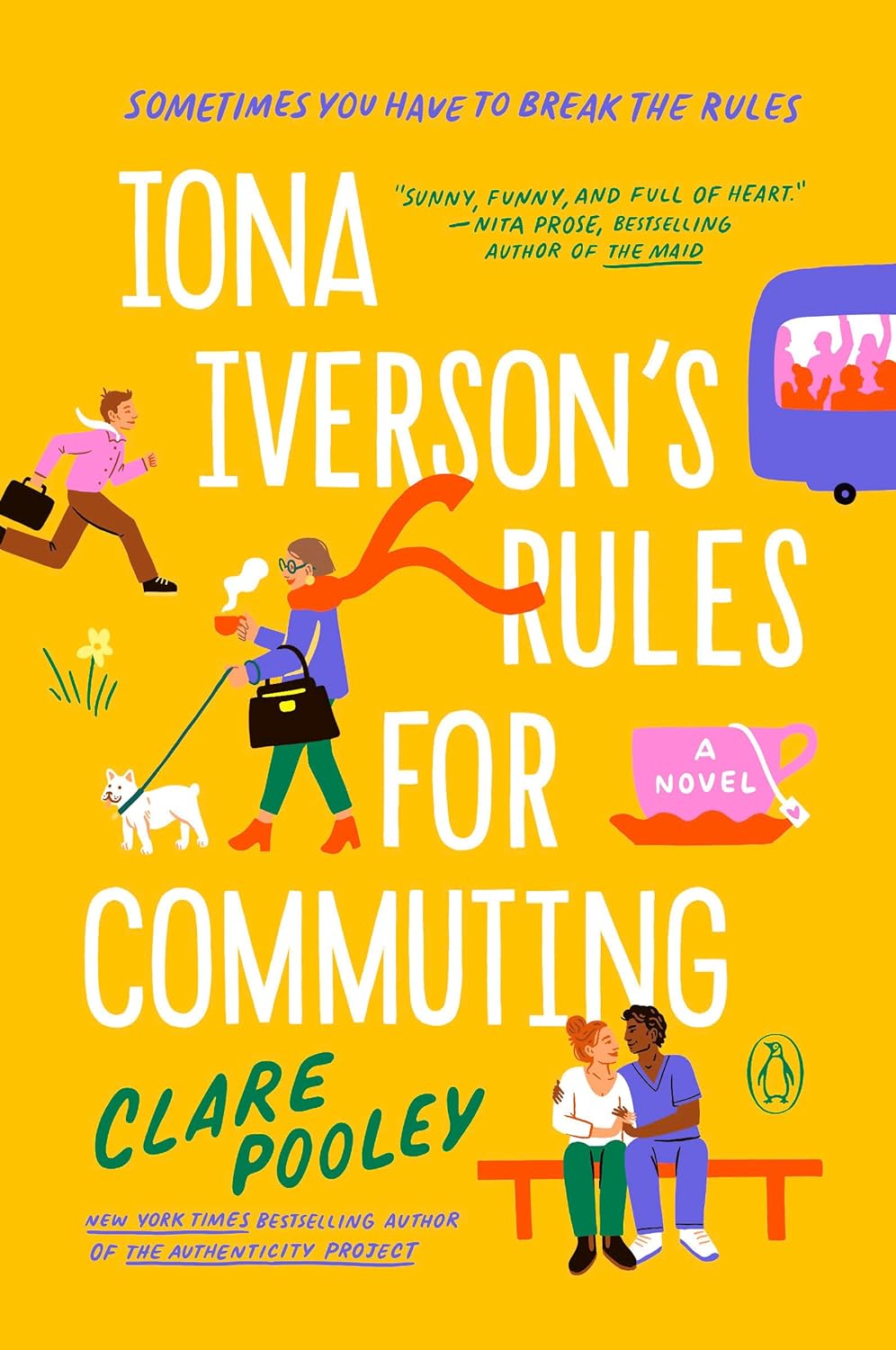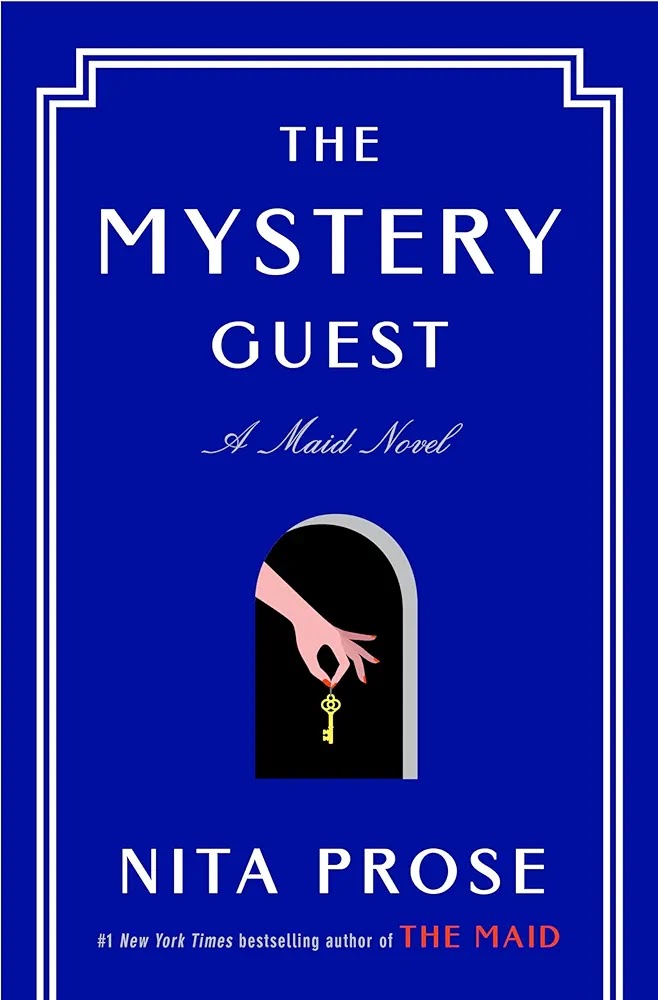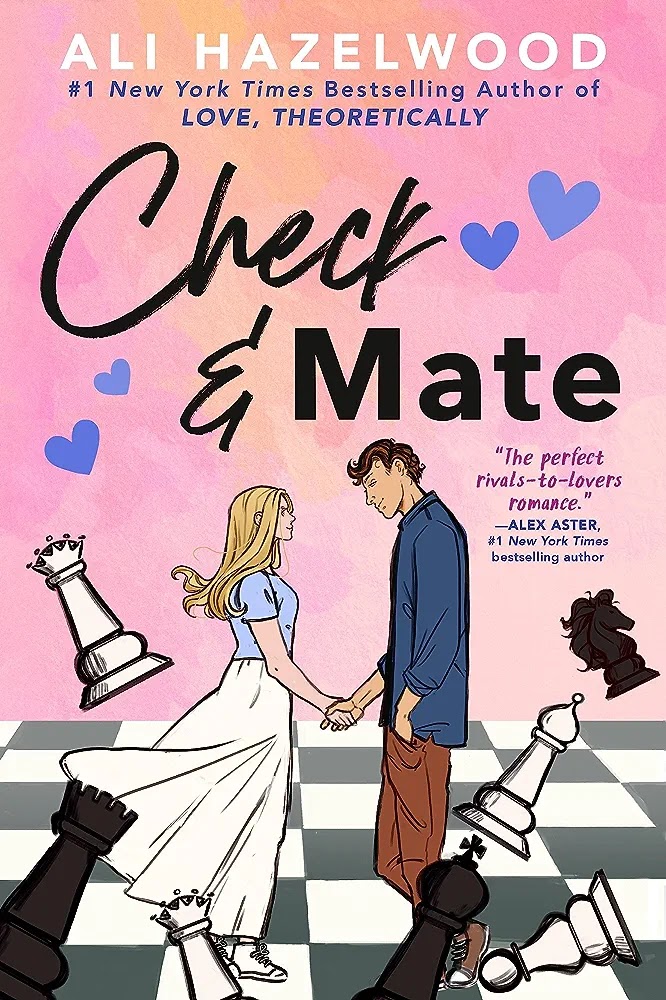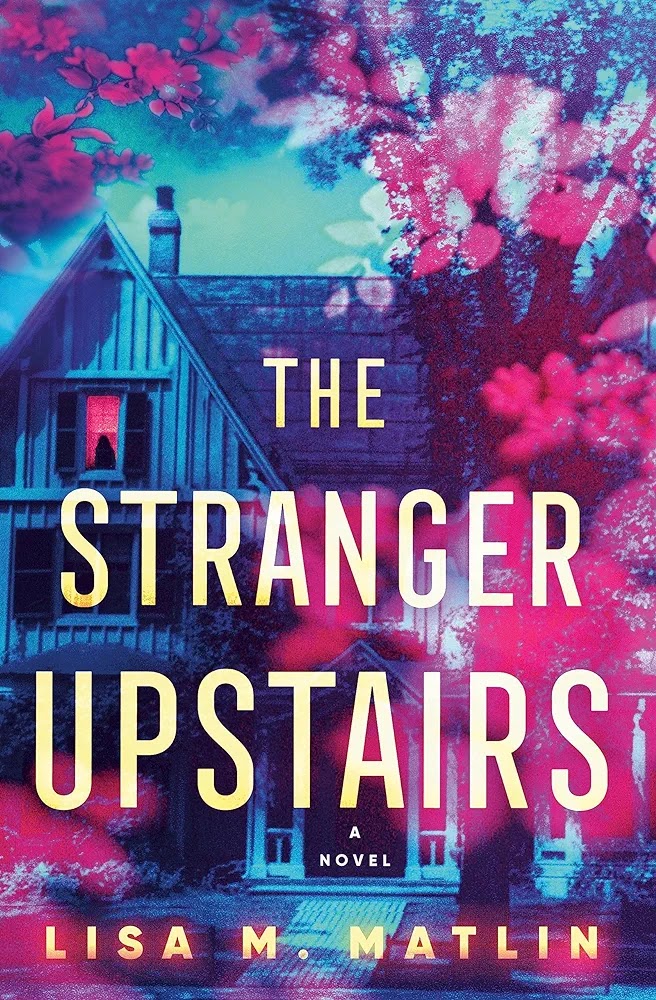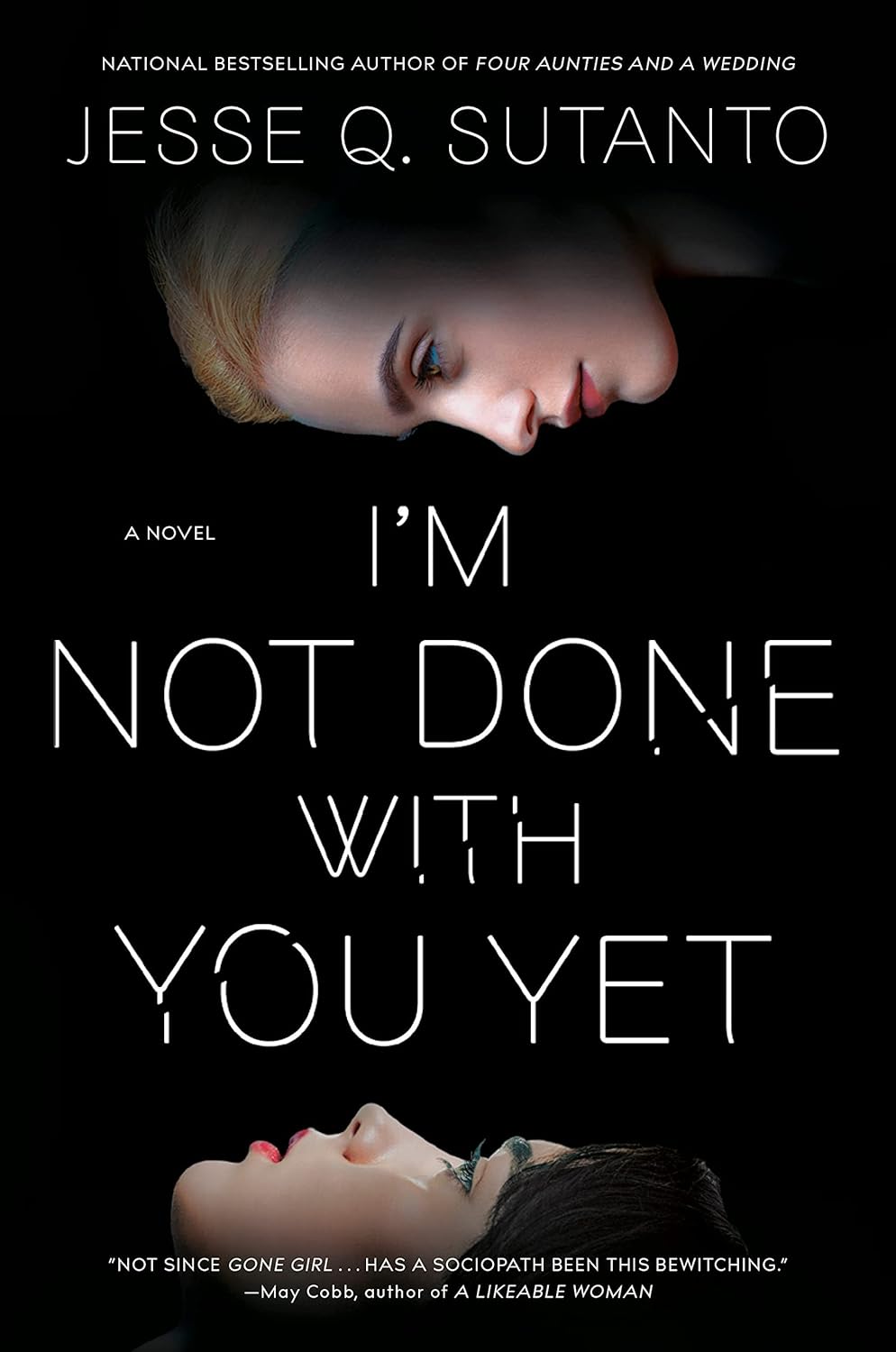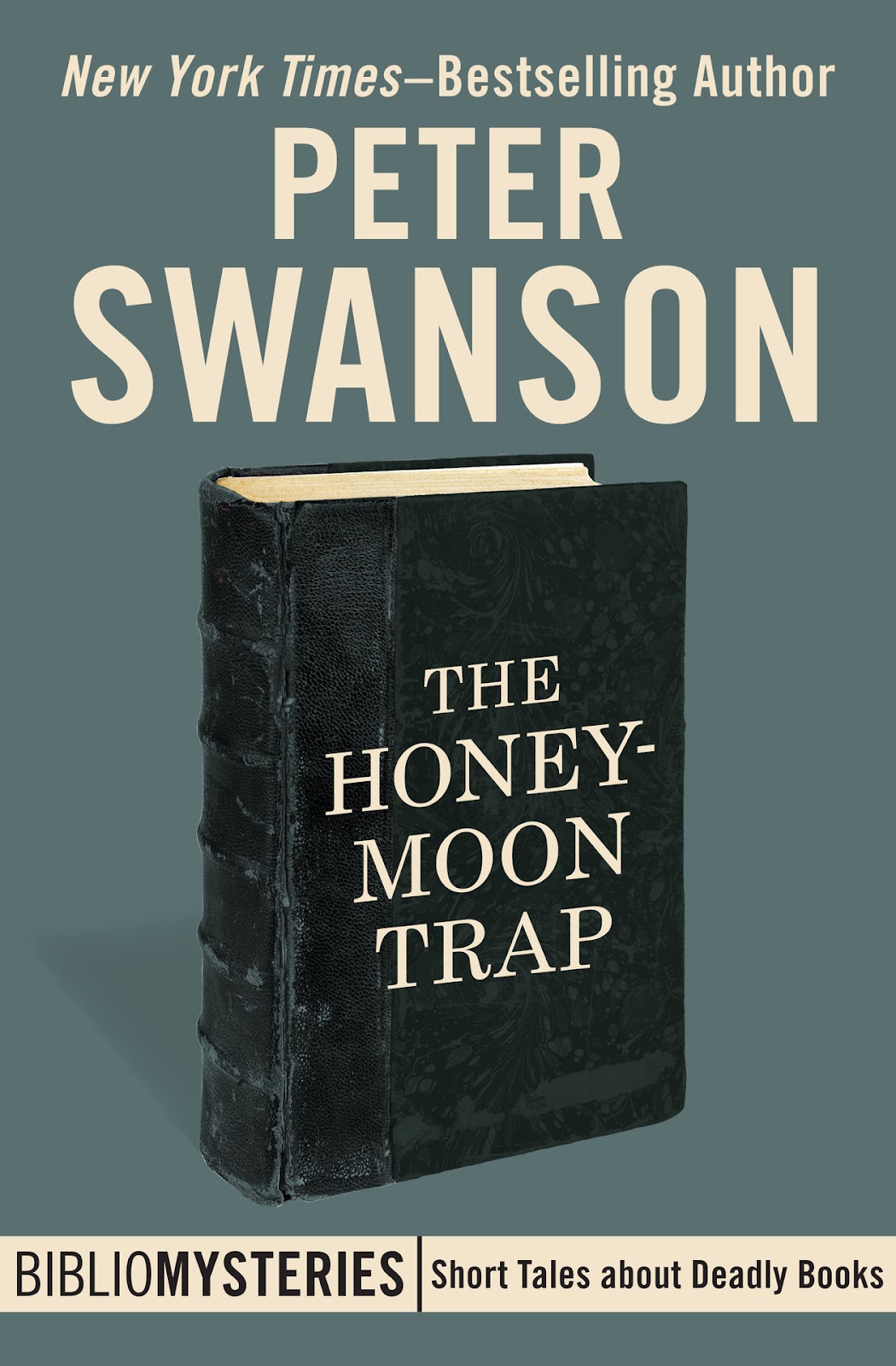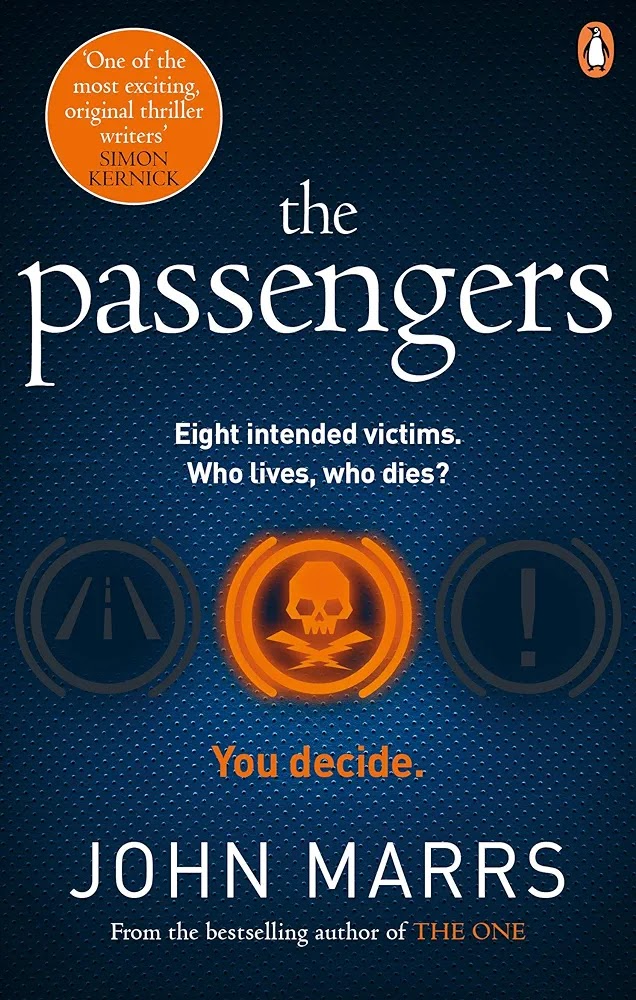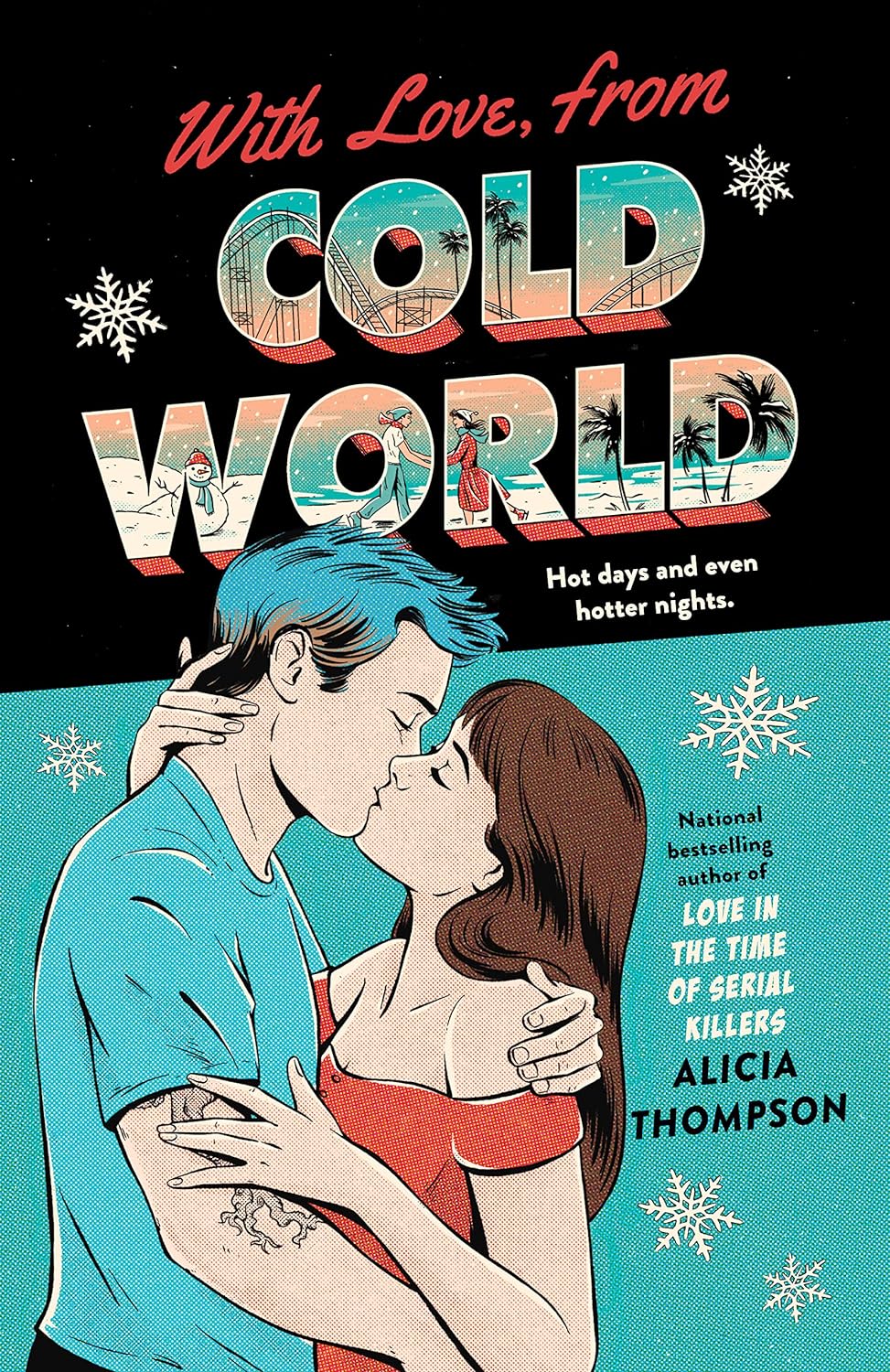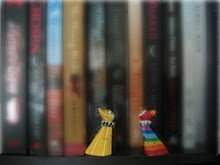TEASER TUESDAYS asks you to:
- Grab your current read.
- Let the book fall open to a random page.
- Share with us two (2) “teaser” sentences from that page.
- You also need to share the title of the book that you’re getting your “teaser” from … that way people can have some great book recommendations if they like the teaser you’ve given!
- Please avoid spoilers!
 I had a habit of standing at my window, looking out, and so did Nakajima, so we noticed each other, and before long we started exchanging nods. I guess it must have been pretty rare in a busy city like Tokyo for two people in two windows to nod to each other when their eyes met, but where I come from, out in the boonies, that was the most natural thing in the world, and Nakajima isn't the sort of person to bother about such things.
I had a habit of standing at my window, looking out, and so did Nakajima, so we noticed each other, and before long we started exchanging nods. I guess it must have been pretty rare in a busy city like Tokyo for two people in two windows to nod to each other when their eyes met, but where I come from, out in the boonies, that was the most natural thing in the world, and Nakajima isn't the sort of person to bother about such things.
(Pg 27, The Lake by Banana Yoshimoto)
Mailbox Monday is a gathering place for readers to share the books that came into their house last week and explore great book blogs. This month's Mailbox Monday is hosted by Bluestocking.
Here's what I received last week:
1) Asylum by Patrick McGrath (bought from The Book Depository after reading Matt's review)
2) Brother/Sister by Sean Olin (bought from The Book Depository)
3) Everything Beautiful Began After by Simon Van Booy (from the publisher for review)

What books came into your house last week?

Photo credit: Hielco Kuipers
I was five years old at the time, younger than my heroine Kimberly Chang in my novel Girl in Translation, and I did not understand a word of English. Like Kimberly and her mother, we lost our money in the move to the United States. My family started working in a sweatshop in Chinatown. My father took me there every day after school and we all emerged many hours later, soaked in sweat and covered in fabric dust. Our apartment swarmed with insects and rats, and in the winter we, like the characters in my novel, kept the oven door open day and night because there was no other source of heat.
Fortunately, like my heroine Kimberly, I also had a talent for school. As I slowly learned English, I started doing better in my studies, even though I was still working at the factory with almost all of my free time. Most of my homework was done on the subway, traveling to and from the factory. Years later, I was accepted to Harvard and it was there that I made the decision to risk following my true calling, writing. I paid my own way through Harvard, working up to four jobs at a time to do so. I graduated with honors, then started trying to be a writer.
At that point, I was already quite surprised at how far my life had taken me from first Hong Kong and then my childhood in the Chinatown clothing factory, but life had a few more twists waiting for me. I fell in love with a Dutch guy. He was studying to be a clinical psychologist and his main possession was his second-hand bicycle. When I visited him in Leiden, the Dutch town where he was studying, he took me on tours of the city. I would balance on the tiny luggage rack of his bike while he peddled us through the cobblestone streets. As we bounced along, he would wave his arms around and say, “This wall is very old. And this house, it is also very old.” At least that’s what I remember of his tours. Somehow I was charmed enough by him (and his accent) to move to Holland after finishing my MFA in Fiction at Columbia.
I didn’t think of it as a permanent move. We were trying things out, I thought, and since I was a teacher and a writer and he was a psychologist whose degrees weren’t valid in the United States, it made more sense for me to go to Holland first.
The first thing I noticed about Holland were the bicycles. They are everywhere and if you don’t look both ways before stepping onto the street, you are likely to be run over by one. Lawyers in suits ride on bikes with their briefcases strapped to the back. Mothers balance one child in front and one behind. People haul their groceries, pets, and walking aids on their bikes, while eating an apple and chatting on their cell phones at the same time. During the Christmas season, I saw bicycles whizzing by where the riders were holding their trees under their arms or balanced on their shoulders. Since the Dutch often start biking without side wheels at the age of four and then spend the rest of their lives on the bike after that, they can do anything on a bicycle without breaking a sweat.
Unfortunately, that means they tend to assume that my biking skills are just as good as theirs, which is not true. I first realized this when I was riding my own little bike to my new job teaching English at Leiden University. My building was located on the banks of the lovely Rapenberg canal. I went past a group of students who were relaxing outside their house, and as I passed them, one enormous male threw himself onto the luggage rack of my bike. This idiot and I wobbled for a split second and then crashed into a tree. Thank goodness because if we hadn’t hit the tree, we would have gone right into the canal. In Europe, unlike America, they don’t tend to protect you from your own stupidity so there was no guardrail. If you kill yourself by riding into the water, well, that’s too bad for you.
As we lay there in a tangle of limbs and twisted bicycle parts, I glared at this hulking guy. He was over a foot taller than me, and must have weighed twice what I did. “What were you thinking?” I demanded.
“I’m sorry,” he mumbled, red-faced. “I wanted to come along.”
After I managed to close my mouth that had dropped open in astonishment, collected my bike and the shreds of my dignity, and stalked off, I realized that I had unwillingly participated in a Dutch courting ritual. You see a likely-looking candidate biking by, you hurl yourself onto their luggage rack, and the two of you ride happily into the sunset. A Dutch girl would have kept her balance, and probably been able to wink at him at the same time.
Now, years later, I too carry our kids and groceries and cats in my own bike – but mine has three wheels. The factory I worked in as a child is still as vivid as ever in my memories but my life is now quite far from that reality. My trying-out of Holland has turned into a second immigration experience. My debut novel’s been published in 15 countries and translated into 13 languages, and when my husband and I drive somewhere in our car, he waves his arms around and says, “This is old, very old.”
 ISBN-13: 9781594485152
ISBN-13: 9781594485152Publisher: Penguin Group (USA)
Published: May 2011
Format: Paperback, 320pp
Source: Publisher
Do you know what's so great about coming-of-age stories? They tend to tug at your heartstring but yet at the same time, allow you to think of life in general and how one would overcome difficulties through hard work, persistence and sometimes with a bit of luck.
Kimberly Chang and her mother immigrate to Brooklyn from Hong Kong after her father's passing. They are not well-off so it is Kimberly's Aunt Paula who funded for their trip. Paula had left Hong Kong after she got married and together with her husband, they manage a clothing factory. Kimberly and her mother work at their factory but despite their kinship, they are paid miserably and the apartment which Paula got them is in poor condition and is infested with roaches.
Knowing they are mistreated, Kimberly and her mother chose to stay mum as they felt they are indebted to her. As fate allows, Kimberly is an intelligent girl and she is one who is persistent and not afraid of hard work. By day she goes to school and in the evenings she joins her mother at work in Paula's clothing factory. It is also at this time that she gets to know a Chinese boy named Matt whose life is very similiar to her but he shares none of her passion in her school work or ambition. While other students at school focus on materialistic stuff and popularity, Kimberly thinks of freedom and getting good grades so she and her mother could live a better life.
At its core of this story is the relationship between Kimberly and her mother, and how Kimberly is face with a dilemma between love and her dreams. Jean Kwok skilfully weaves this unforgettable coming-of-age story through her experience as a young girl emigrated from Hong Kong and growing up between the two cultures. Through Kimberly's eyes, I came to understand more about the life of an American immigrant and the various challenges and/or difficulties she encounters. It evoked all the emotions in me as I laughed and cried for Kimberly while reading it. Girl in Translation is not only moving but is inspiring and thought-provoking as well. I look forward to Jean Kwok's future releases.
Note: Look out for Jean Kwok's guest post tomorrow as she will share with us about cycling in Holland and a Dutch courting ritual!
 I always enjoy reading Carl's blog and have participated in his R.I.P. (Readers Imbibing Peril) Challenge twice, however this is the first time I participated in his Once Upon a Time Challenge and I'm so glad I did. I haven't read fantastical literature for a while and participating in this challenge has once again reminds me how much I missed reading them.
I always enjoy reading Carl's blog and have participated in his R.I.P. (Readers Imbibing Peril) Challenge twice, however this is the first time I participated in his Once Upon a Time Challenge and I'm so glad I did. I haven't read fantastical literature for a while and participating in this challenge has once again reminds me how much I missed reading them. Mailbox Monday is a gathering place for readers to share the books that came into their house last week and explore great book blogs. This month's Mailbox Monday is hosted by Bluestocking.
Here's what I received last week:
1) The Lake by Banana Yoshimoto (bought from The Book Depository; and I can't wait to read it!)

What books came into your house last week?
 Brother/Sister by Sean Olin
Brother/Sister by Sean OlinISBN-13: 9781595143860
Publisher: Penguin Group (USA)
Published: June 2011
Synopsis (B&N):
Will and Asheley have a troubled past. Their father left them when they were little, and their mother has just been carted off to an alcohol treatment center. Now, they have the house to themselves, and an endless California summer stretching out before them. Through alternating perspectives, they tell the story of how and why their lives spun violently out of control - right up to the impossibly shocking conclusion you'll have to read for yourself to believe.
 Asylum by Patrick McGrath
Asylum by Patrick McGrathISBN-13: 9780679781387
Publisher: Knopf Doubleday Publishing Group
Published: March 1998
Synopsis (B&N):
In the summer of 1959 Stella Raphael joins her psychiatrist husband, Max, at his new posting--a maximum-security hospital for the criminally insane. Beautiful and headstrong, Stella soon falls under the spell of Edgar Stark, a brilliant and magnetic sculptor who has been confined to the hospital for murdering his wife in a psychotic rage.
 Her Sister's Shadow by Katharine Britton
Her Sister's Shadow by Katharine BrittonISBN-13: 9780425241745
Publisher: Penguin Group (USA)
Published: June 2011
Synopsis (B&N):
An emotionally powerful debut about two sisters who reconnect after nearly forty years of estrangement.
Renowned painter Lilli Niles is at home in her North London flat when she receives an unexpected call from her elder sister, Bea, who's at the family homestead in Whitehead, Massachusetts. Bea's husband has just died, and she'd like Lilli to fly home to attend the funeral. There are reasons Lilli moved all the way to England to escape her older sister, reasons that have kept them estranged for decades. But something in Bea's voice makes Lilli think it's time to return to the stately house in New England she loved as a child, to the memory of the beloved younger sister they both lost. With Bea more fragile than Lilli remembered, maybe she can finally forgive Bea for a long-ago betrayal that has simmered between them for nearly forty years.

Everything Beautiful Began After by Simon Van Booy
ISBN-13: 9780061661488
Publisher: HarperCollins Publishers
Published: July 2011
Synopsis (B&N):
Rebecca is young, lost, and beautiful. A gifted artist, she seeks solace and inspiration in the Mediterranean heat of Athens—trying to understand who she is and how she can love without fear.
George has come to Athens to learn ancient languages after growing up in New England boarding schools and Ivy League colleges. He has no close relationships with anyone and spends his days hunched over books or wandering the city in a drunken stupor.
Henry is in Athens to dig. An accomplished young archaeologist, he devotedly uncovers the city’s past as a way to escape his own, which holds a secret that not even his doting parents can talk about.
And then, with a series of chance meetings, Rebecca, George, and Henry are suddenly in flight, their lives brighter and clearer than ever, as they fall headlong into a summer that will forever define them in the decades to come.
 ISBN-13: 9780747578888
ISBN-13: 9780747578888Publisher: Bloomsbury Publishing PLC
Published: February 2006 (new edition)
192 pgs
Source: Personal Library
Translated by: Ralph McCarthy
At first glance of the cover, In The Miso Soup gave me the impression of a fiction about the Japanese culture but I knew there is something more than meets the eye with that cartoony image of a bowl of miso soup that looks like blood and reading the blurb confirmed my initial speculations of the book.
The story opens with the narrator introducing himself as a sex tour guide for foreigners and that he has no qualms about his job. However this does not mean that twenty-year-old Kenji is an insensitive and a selfish person; he does take pride in his job and he treasures his relationship with his sixteen-year-old girlfriend Jun.
Just before New Year's Day, he receives a telephone call from an American named Frank. Frank wants Kenji to take him on a guided tour of Tokyo's sleazy nightlife for three nights and the money is too good for Kenji to pass up despite he has promised to spend the time with Jun.
When he meets up with Frank, the latter gives him the impression that something isn't quite right from his behaviour and on top of that, the things he said earlier doesn't seem to match when they have the same conversation the next time. With the recent case of a high school girl being hacked and the murderer is still at large, Kenji suddenly has this terrible thought that Frank might be the murderer.
In The Miso Soup is a highly intense psychological thriller I have ever read in a long time. I would compare my reading experience of this book to riding a roller coaster; the story seems to be moving at a moderate pace right from the beginning with the introduction of Kenji and then moving on to Frank's. The pace quickened towards the middle of the book and I have to say I'd never forget one terribly shocking scene when the author described in details how a few victims were gruesomely cut and left to die. If this story is to be told on the big screen I don't think I'd be able to watch it. I personally think that that scene is the climax of the story and that once I get past that, everything seems to be falling into place, literally.
But what I find so intriguing about this book is not the plot but the message behind it as it touches on subjects like moral corruption, lack of identity and then the loneliness one feels without the love and support of a family. Each of this issue poses a problem on its own but add them all up together and may become a psychological issue. Another subject that is thought-provoking is the "compensated dating" among Japanese high school girls. I can't judge them all, but what they do and the difficulties they encounter really makes me sad.
In the Miso Soup is not an easy read for me subject-wise but one that would definitely leave a deep impression on me given the author's straight-to-the-point writing style and one particularly gruesome scene.

Now that we are on the topic of Japanese literary, I'd like to bring your attention to the Japanese Literature Challenge 5 hosted by the lovely Dolce Bellezza. The requirement is to read one book from June 1, 2011 until January 30, 2012 but of course it'd be wonderful if you want to read more than one book.
I'm definitely joining and the book I'm most likely to read will be The Lake by Banana Yoshimoto. I hope you'd join in the fun too!
















